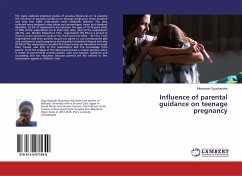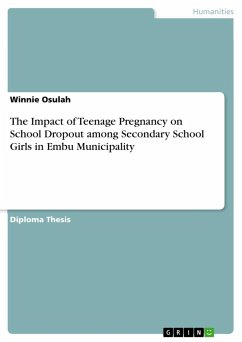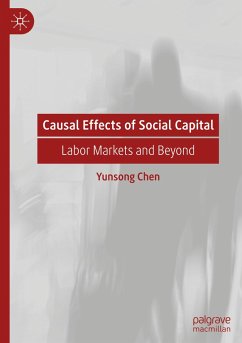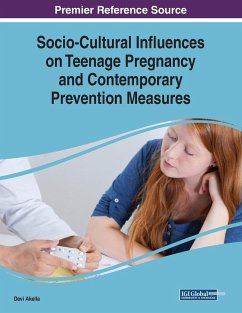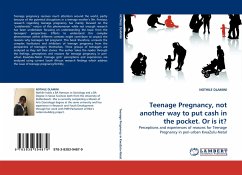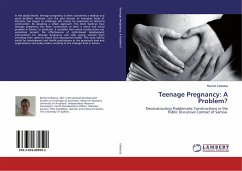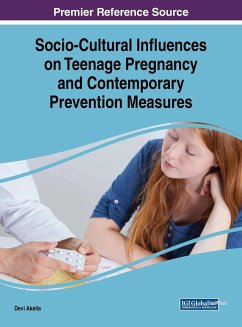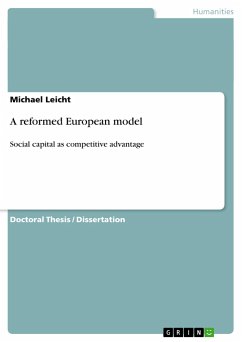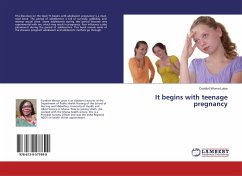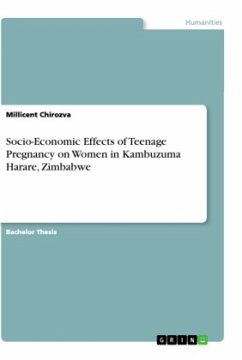
Socio-Economic Effects of Teenage Pregnancy on Women in Kambuzuma Harare, Zimbabwe

PAYBACK Punkte
0 °P sammeln!
Bachelor Thesis from the year 2014 in the subject Sociology - Children and Youth, , course: Sociology and Gender Development Studies, language: English, abstract: The purpose of the study was to explore the socio-economic effects of teenage pregnancy among women within Kambuzuma. "Teenage pregnancy" refers to intentional or unintentional pregnancy of adolescent girls aged 13 to 19. The researcher used a structured questionnaire as a technique tool to find out the short term and long-term effects of teenage pregnancy. Methodology employed followed quantitative and qualitative design; and snowba...
Bachelor Thesis from the year 2014 in the subject Sociology - Children and Youth, , course: Sociology and Gender Development Studies, language: English, abstract: The purpose of the study was to explore the socio-economic effects of teenage pregnancy among women within Kambuzuma. "Teenage pregnancy" refers to intentional or unintentional pregnancy of adolescent girls aged 13 to 19. The researcher used a structured questionnaire as a technique tool to find out the short term and long-term effects of teenage pregnancy. Methodology employed followed quantitative and qualitative design; and snowballing sampling method was used to target participants who got pregnant during their teenage years. Ethical consideration included obtaining informed consent and observing confidentiality during the research. Bourdieu's theoretical framework of Field and Habitus, was used as the guiding the framework to explore the determinants of teenage pregnancy as well as the short term and long term socio-economic, and psychological, outcomes. Statistical analyses relied on the concepts of correlation, covariance, and cumulative frequencies which are in-built in Microsoft Excel spreadsheets as well as any decent statistical software package. Using Bourdieu's theoretical framework of Field and Habitus allows tailoring of quantitative and qualitative research methodologies to the question at hand. Statistical results confirm postulations in literature that teenage pregnancy is associated with social and economic costs, in the short and long term, including reduced employment opportunity, income outcomes, social status, peer bonding, partner bonding, family support, truncated educational achievement, family rejection, and psychological pressures. The results suggest that adverse long term effects are more pronounced than the short-term outcomes.




